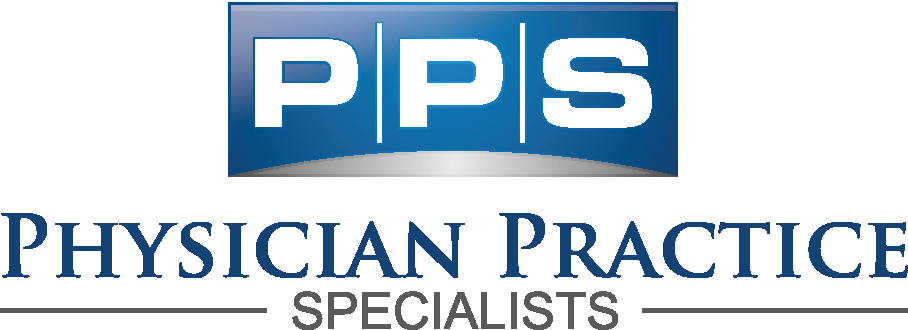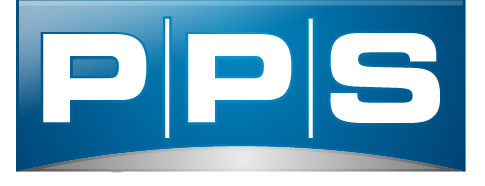On July 13, 2017, the U.S. Department of Justice announced to great fanfare its eighth annual national health care fraud “takedown.” This “largest ever” “takedown” is not what many might imagine — swat teams of law enforcement agents simultaneously rounding up suspects around the country. Rather, it was a press event at Main Justice in Washington, D.C., that highlighted recent, mostly criminal, actions taken by federal and state authorities on a broad array of health care-related cases. Some of the matters are completely new investigations and prosecutions; while others stem from previously charged criminal cases. Peeling back the layers of hyperbole, the “takedown” provides a helpful window into current health care-related investigative priorities of the DOJ, U.S. Department of Health and Human Services Office of Inspector General and FBI. The key takeaways include:
Opioids Join Health Care Fraud Focus:
From Attorney General Jeff Sessions’ emphasis on the prosecution of narcotics cases during his remarks at the “takedown” press conference, it is clear that the DOJ has moved prosecution of opioid cases, traditionally handled by narcotics prosecutors and organized crime drug enforcement task forces (OCDETFs) units, under its health care fraud umbrella. As such, the “takedown” highlighted that 120 of the 412 defendants charged were charged for their roles in prescribing and distributing opioids and other narcotic drugs. What remains to be seen is whether resources are reallocated within the DOJ from traditional health care cases to investigations focusing on opioid and other controlled substances.
Wide Range of Health Care Crimes:
The DOJ continues to bring action on a wide range of health care-related crimes, including charging conspiracies to commit health care fraud, violations of the anti-kickback statute, money laundering, honest services mail fraud and wire fraud, unlicensed wholesale distribution of prescription drugs, and aggravated identity theft. Schemes highlighted in the “takedown” included allegations of bribery, kickbacks and submission of false/fraudulent claims, while others focused on medical professionals who allegedly provided services not medically necessary and/or billing for services that were not provided. More than 50 physicians were charged, and the DOJ stated that the alleged loss exceeds $1.3 billion.
Focus on Pharmacies:
With escalating prescription drug costs, both within Medicare Part D and TRICARE, the DOJ reported its continued focus on pharmacy-related fraud, especially prescription drug compounding schemes, by charging new cases in multiple districts around the country and obtaining pleas in other, long-running cases. In one notable case, the Southern Louisiana Medicare Strike Force charged a pharmacist with submitting and causing the submission of $192 million in false and fraudulent claims as part of a compounding scheme in the Southern District of Mississippi;
Home Health Section-Related Fraud Continues to Be a Priority:
The OIG continues to prioritize the investigation and prosecution of home health sector fraud cases. Over the past few years, the OIG has been emphasizing that this is an area vulnerable to fraud and abuse, including issuing an alert, “Improper Arrangements and Conduct Involving Home Health Agencies and 2 Physicians,” in June 2016. Indeed, in March of this year, Gregory Demske, chief counsel for the OIG, stated that home health-related services currently are one of the two top anti-fraud priorities for his agency — with the other being prescription drug fraud.
Criminal Fraud Section’s Medicare Strike Force in SDFL Dominates:
The substantial dedication of resources that the Criminal Fraud Section’s Medicare Strike Force has devoted to the Southern District of Florida (SDFL) continues to result in a large number of cases charged — 77 defendants were charged in conjunction with the “takedown” within a wide variety of health care fraud cases, including those impacting home health care agencies, mental health services, podiatric services, as well as multiple pharmacy-related frauds. While the number of individuals charged in the SDFL was down from the 100 charged as part of last year’s health care fraud takedown, the charges include a number of very complex and novel alleged schemes that are sure to be replicated in other Medicare Strike Forces and U.S. attorney’s offices across the country;
Looking Forward — More Health Care Fraud Cases to Come
Finally, as part of the “takedown,” the DOJ reminded that over the past three years, for every dollar spent on health care-related investigations, more than five dollars has been recovered. That fact, together with government’s continued enforcement focus on prescription drug and home health fraud as well as a new partnership between the DOJ Health Care Fraud Unit’s Corporate Strike Force and the Foreign Corrupt Practices Act Unit, suggests that it is likely that the DOJ will continue to emphasize the investigation and prosecution of health care fraud-related matters and attempt to beat this year’s “unprecedented” “takedown” in fiscal year 2018.
By Melissa Jampol and George Breen, August 2, 2017

